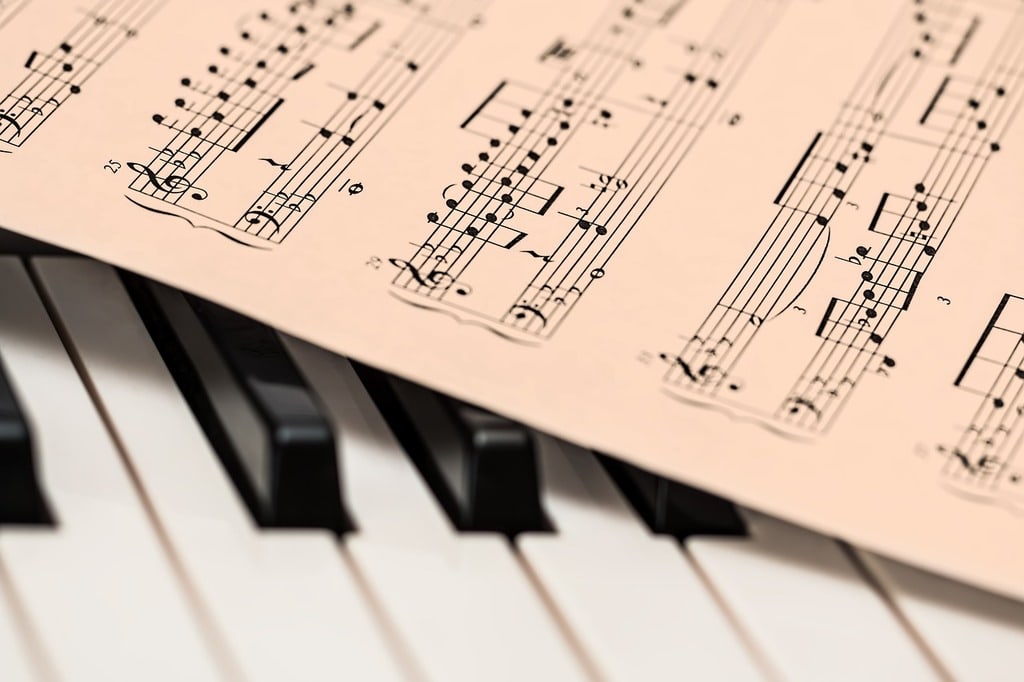Musical education is a journey that shapes the talents and skills of aspiring musicians, guiding them from their first notes to the mastery of their instruments. These educational programs are essential in developing not only technical proficiency but also a deep understanding of musical theory, history, and performance. Aspiring musicians have a variety of educational paths available to them, each offering unique opportunities and challenges.
Programs for Aspiring Musicians: a Comprehensive Guide
Aspiring musicians can choose from several educational programs designed to hone their craft. Whether through formal education in conservatories, universities, or informal settings like private lessons and online courses, each path offers distinct advantages. Formal education often provides a structured curriculum, access to experienced instructors, and a community of like-minded peers. Informal education, on the other hand, can offer flexibility and the ability to tailor learning to individual needs and schedules.
Formal Education in Conservatories and Universities
Conservatories and universities are traditional avenues for musical education. These institutions offer rigorous programs that cover a wide range of musical disciplines, including performance, composition, music theory, and music history. Students in these programs benefit from the expertise of highly qualified instructors and the opportunity to perform in ensembles and solo recitals. Additionally, many institutions provide access to state-of-the-art facilities and resources, such as recording studios and extensive music libraries.
A few notable benefits of formal education in music include:
- Structured and comprehensive curriculum
- Access to experienced faculty and guest artists
- Performance opportunities in various settings
- Networking with peers and professionals in the music industry

Private Lessons and Tutoring
For those seeking a more personalized approach, private lessons can be an excellent option. Working one-on-one with a skilled instructor allows for customized lesson plans tailored to the student’s specific goals and learning pace. This setting is particularly beneficial for beginners who require focused attention to develop foundational skills or advanced students looking to refine their technique.
Private lessons often emphasize:
- Personalized instruction and feedback
- Flexible scheduling
- Focused development on specific areas of interest
- Building a strong mentor-student relationship
Online Courses and Resources
The digital age has opened up a wealth of online resources for aspiring musicians. Online courses, video tutorials, and virtual masterclasses offer the flexibility to learn from home and access a diverse range of instructional content. Platforms such as YouTube, Coursera, and MasterClass provide opportunities to learn from world-renowned musicians and educators without geographical limitations.
Online educational resources are characterized by:
- Accessibility from anywhere with an internet connection
- Wide variety of courses and tutorials
- Ability to learn at one’s own pace
- Opportunities to explore different genres and techniques
Building a Strong Foundation in Music Theory
A solid understanding of music theory is fundamental for any musician. Music theory education involves the study of scales, chords, intervals, rhythm, and harmony, providing the tools necessary to read, write, and analyze music. This knowledge is not only essential for performers but also for composers and music educators. Many educational programs incorporate music theory into their curricula, ensuring that students develop a comprehensive understanding of the language of music.
Aspiring musicians should focus on the following aspects of music theory:
- Scales and modes
- Chord construction and progressions
- Rhythmic patterns and time signatures
- Harmonic analysis and ear training
Performance Opportunities and Experience
Practical experience is crucial for developing musicianship. Performance opportunities, whether through school concerts, community events, or competitions, provide real-world experience and build confidence. These experiences also teach valuable lessons in stage presence, audience engagement, and handling performance anxiety. Many educational programs prioritize performance, encouraging students to participate in ensembles, solo recitals, and collaborative projects.
Performance experience can include:
- Participation in school or community ensembles
- Solo and chamber music recitals
- Competitions and festivals
- Collaborative projects with other musicians
Exploring Diverse Musical Styles and Genres
Exposure to a variety of musical styles and genres broadens a musician’s horizons and fosters creativity. Educational programs often encourage students to explore classical, jazz, contemporary, and world music, helping them develop versatility and adaptability. Understanding different musical traditions enriches a musician’s perspective and can inspire new approaches to their own playing or composition.
Key genres and styles to explore include:
- Classical music from different historical periods
- Jazz and improvisation techniques
- Contemporary and experimental music
- Traditional and folk music from various cultures
Engaging with Music Communities and Networks
Building connections within the music community is an invaluable part of a musician’s education. Networking with peers, attending workshops, and participating in masterclasses offer opportunities for collaboration and professional growth. Engaging with a community of musicians provides support, inspiration, and access to a wealth of collective knowledge and experience.
Ways to engage with music communities include:
- Joining professional associations and organizations
- Attending music festivals and conferences
- Participating in local music groups and ensembles
- Connecting with musicians through social media and online forums
Continual Learning and Growth
The journey of musical education is ongoing. Aspiring musicians should embrace a mindset of continual learning, seeking out new challenges and opportunities to expand their skills. Whether through formal education, private lessons, or self-directed study, the pursuit of musical excellence is a lifelong endeavor. Staying curious, open-minded, and dedicated to improvement will ensure sustained growth and fulfillment in the musical arts.
In summary, educational programs for aspiring musicians offer a wealth of opportunities for growth and development. By exploring various avenues of learning, building a strong foundation in music theory, gaining performance experience, and engaging with diverse musical communities, aspiring musicians can pave the way for a successful and fulfilling musical journey.
